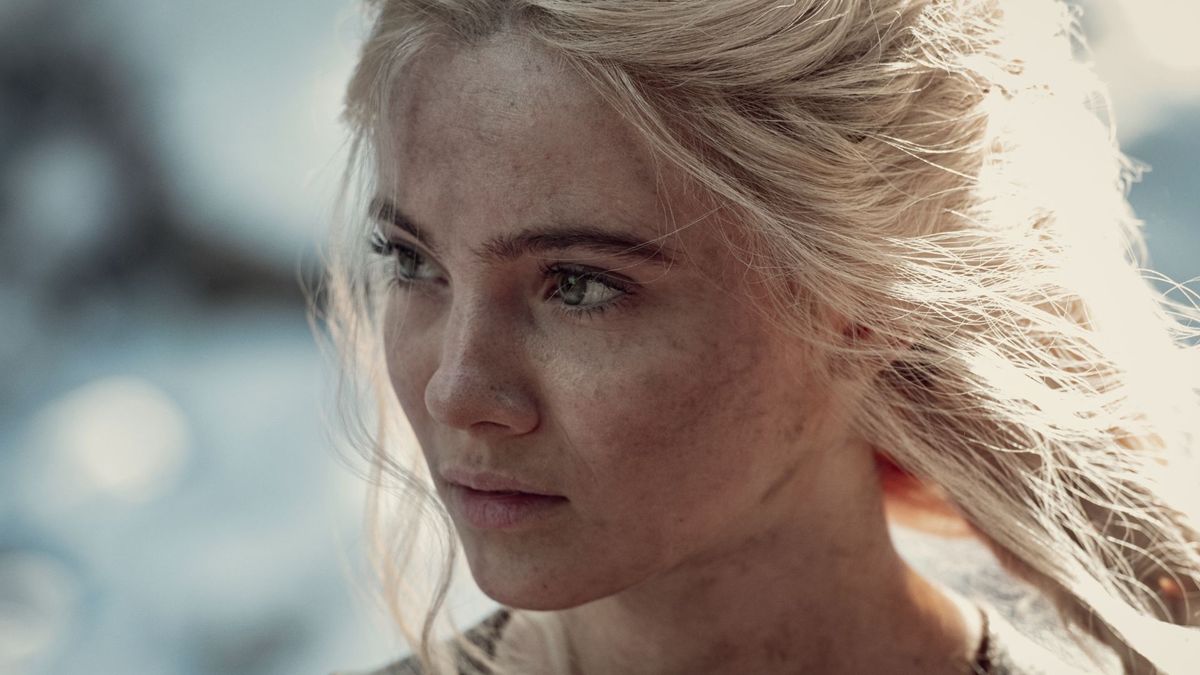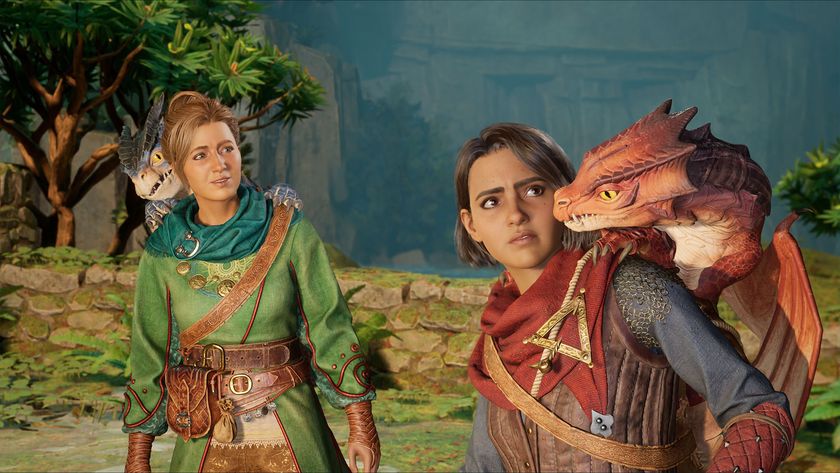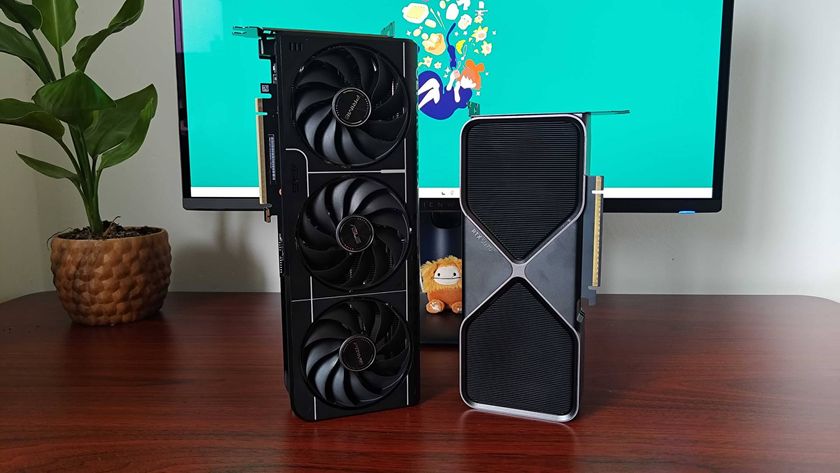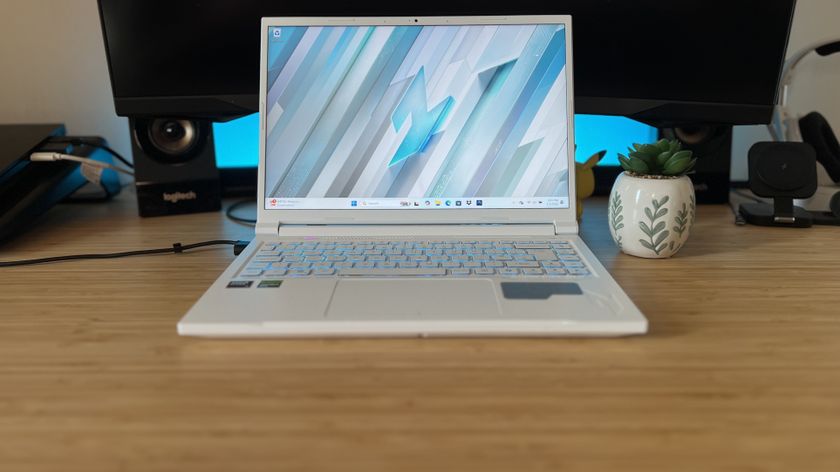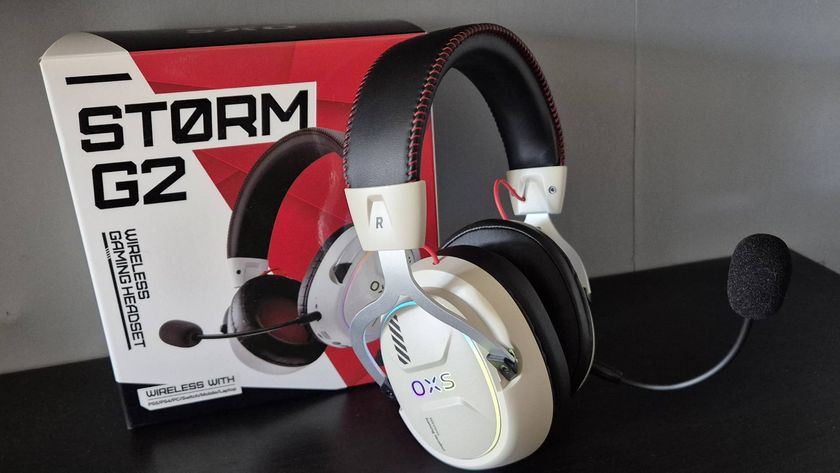GamesRadar+ Verdict
The Witcher season 2 is a definitive step up from the first season and is an enjoyable journey filled with monsters, magic, and mayhem – but needs to play more to its strengths
Why you can trust GamesRadar+
The Witcher wants to be the jewel in Netflix’s streaming crown. The first season burst onto the scene with a coin-tossing ditty and put Henry Cavill’s book and game-accurate Geralt smack bang in the middle of a Continent filled with monsters and mercenaries. It all amounted to a killer premise held back by a convoluted narrative, ropey CGI, and messy timelines.
The second season has, thankfully, learned from the first’s biggest mistakes. It’s a punchy, often thrilling slice of high fantasy anchored by a star-making turn from Ciri actor Freya Allan, and occasionally let down by choosing to tell certain stories that feel more like place-setting for future seasons than anything worth watching right now.
Yes, Ciri’s the star of the show this time around. Fresh from their embrace at the first season’s end, the new season starts with Ciri and Geralt travelling to see Geralt’s old pal Nivellen, played by Game of Thrones actor Kristofer Hivju, who is hiding a monstrous secret. Hivju gives a performance that skilfully balances the sympathy and internal strife of the source material in a strong standalone adventure that will enrapture book fans with its reworking of short story A Grain of Truth. Then it’s on to more serialized fare as they head on towards Kaer Morhen, the fortress and training ground where the witchers make themselves at home for the winter.
Ciri’s no longer a damsel in distress, running through forests, instead growing into her newly fleshed-out role as a witcher-in-training with considerable ease. The Child of Surprise is torn between the locked-in destiny of her apocalyptic visions and her desire to become a witcher – all while a world-ending threat lurks in the shadows and various parties want to use her as a tool for their own ends.
Allan is fantastic, gifting the Lion Cub of Cintra with enough cheeky personality and braggadocio to stand out in the testosterone-fuelled world of the witchers. Her nascent relationship with Geralt (and the likes of Lambert, Vesemir, and Eskel) over the season is undoubtedly one of the main driving forces behind the quality of these episodes, even though she gets perhaps too much focus by the season’s end.
Time heals all wounds
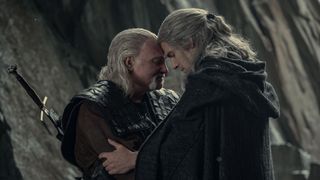
This sophomore effort is also aided by The Witcher shedding its unnecessary timelines in favor of a more focused, linear story. Instead of criss-crossing decades, the story takes place in the here-and-now, adding an extra layer of peril to the plot. Because of that switch-up, characters’ fates matter more and cliffhangers carry weight. It’s a simple fix, but a necessary one.
Elsewhere, there are plenty of other welcome additions. Kim Bodnia’s Vesemir acts as Geralt’s mentor and is a paradoxical beacon of warmth and trepidation. Fans of the third Witcher game, Wild Hunt, will revel in the Danish actor’s portrayal. Two antagonistic forces – fire mage Rience (Bridgerton’s Chris Fulton) and spymaster Dijkstra (Graham McTavish) propel a fairly aimless middle third of the season, though fizzle out slightly by the season’s end. Cahir (Eamon Farren), meanwhile, undergoes a far more meaningful arc than the one-note glowering crusader he was prior to the Battle of Sodden and his to-and-froing on the Cintran political stage with mage Fringilla (Mimi Ndiweni) is a surprise highlight of the season. Yet, there are indications that The Witcher does not know what to do elsewhere on The Continent or, very occasionally, with its lead.
Don’t worry, Henry Cavill is still The Man here – equal parts charm and stoic vulnerability as he shepherds Ciri to witcherdom. But Geralt’s presence is noticeably on the wane in places, including in a finale that relegates him to a mere bystander in places. That’s not always a bad thing, because a well-rounded show is always better than one that hinges on its lead. As the season wears on, however, you’ll want to see more of Geralt and less of what’s going on elsewhere. That’s never a good sign.
Several B-plots revolve around Nilfgaard’s retreat from Sodden and the kingdom’s treatment of Elves. It’s here where the rot sets in. These meandering side stories often sap the energy of any given episode’s often overly lengthy runtimes. Similarly, scenes at mage stronghold Aretuza weigh down the main narrative. They do, eventually, bear fruit – but only in service of the show’s future. It’s only during the season’s very final moments, where the Netflix series mercifully hits fast-forward on a bunch of meandering sub-plots, do they feel relevant to Ciri and Geralt’s more captivating journey.
The good, the bard, and the Ciri

The Game of Thrones comparisons are well-worn, but The Witcher should cast a glance towards Westeros and its handling of how it weaves political intrigue into the main plot. There, it was as riveting as any battle or betrayal. Here, it’s semi-detached window dressing that too often feels like a sideshow to distract from whatever the main cast is gearing up to do next. Worse still, the second season spends a worrying amount of time finding excuses to keep its most compelling characters – Geralt, Ciri, and Yennefer – apart. That sting is exacerbated further when, by the time the trio do get together, it’s just as fun as you’d hope it would be.
The show’s treatment of Jaskier, too, is bizarre; the bard’s presence is less a difficult second album and more a feeble encore. He barely features in the first six episodes, save for a few scenes, and is only scarcely more involved in the season’s final act. It’s indicative of a show that’s still working out the kinks in terms of balance. There are ways to appease fans while simultaneously crafting a rich fantastical world of players that come and go, but The Witcher hasn’t quite hit that sweet spot yet. Two late inclusions to the story feel similarly undercooked.
Geralt, at least, does play to his strengths and finds time to clash with some fearsome monsters and beasts as a terrifying new threat emerges on The Continent. The special effects in these fight scenes are also a step up this year, as are the production values, sets, and props. Crucially, the much-maligned armor of the first season is also no more. The finale even sees the show finally blow off its CGI cobwebs with a full-fat sequence against basilisks that could have been ripped straight from the games. But while the baseline is consistently higher all round nothing quite reaches the heights of Geralt and Renfri’s balletic and brutal clash in the first season’s premiere.
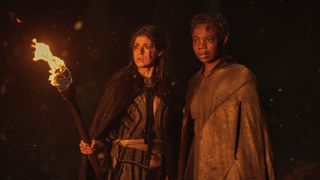
By the time the season nears its end, The Witcher has put any lingering questions of its long-term potential to the sword. This is the ball Netflix needs to pick up and run with, and has already done so by greenlighting a third season, more movies, and a prequel series. The first season’s growing pains are mostly gone, even if the series can’t quite shake off a handful of new issues that have arisen in its place.
Despite that, The Witcher season 2 is an undeniable improvement on an unnecessarily complicated first season. The eight episodes help scratch that fantasy itch in engaging fashion, especially with its brightest light, Ciri, now positioned in a more prominent role. It even rights many of its prior wrongs instead of stubbornly persisting with them – but its unfocused, wandering eye proves the show should be reined in just a little more in future. Thankfully, it’s all set up for a towering third season that, much like The Continent’s Conjunction of the Spheres, is set to finally smash everything together in thrilling fashion.
The Witcher season 2 is out now on Netflix.
More info
| Genre | Fantasy |
I'm the Senior Entertainment Writer here at GamesRadar+, focusing on news, features, and interviews with some of the biggest names in film and TV. On-site, you'll find me marveling at Marvel and providing analysis and room temperature takes on the newest films, Star Wars and, of course, anime. Outside of GR, I love getting lost in a good 100-hour JRPG, Warzone, and kicking back on the (virtual) field with Football Manager. My work has also been featured in OPM, FourFourTwo, and Game Revolution.
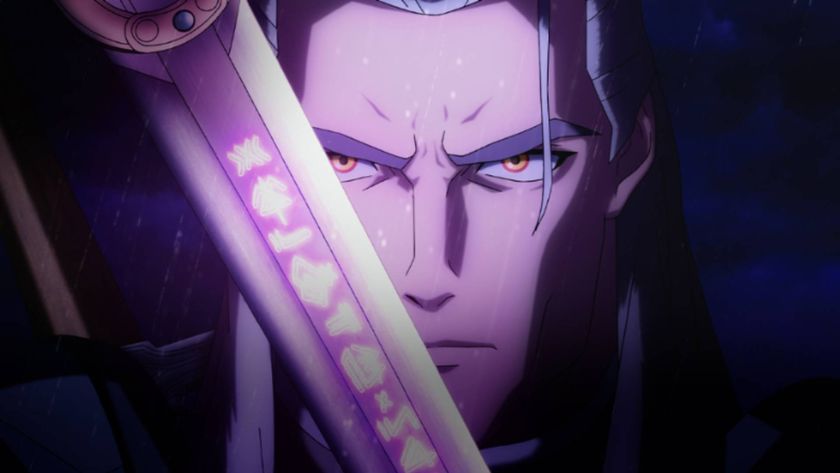
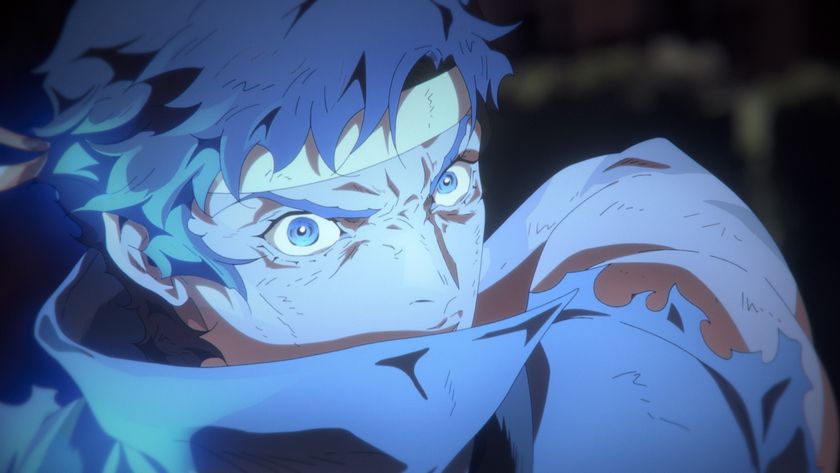
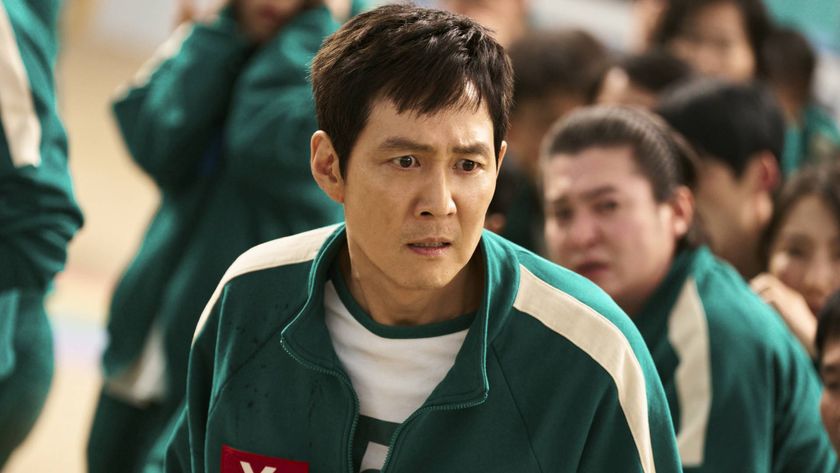
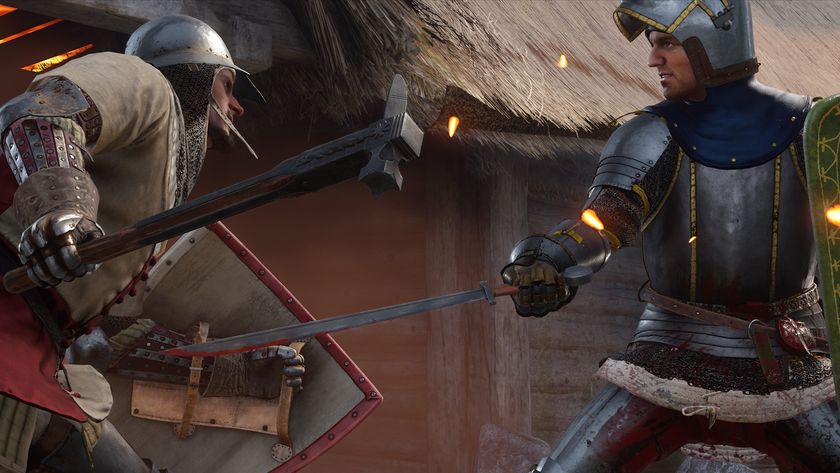
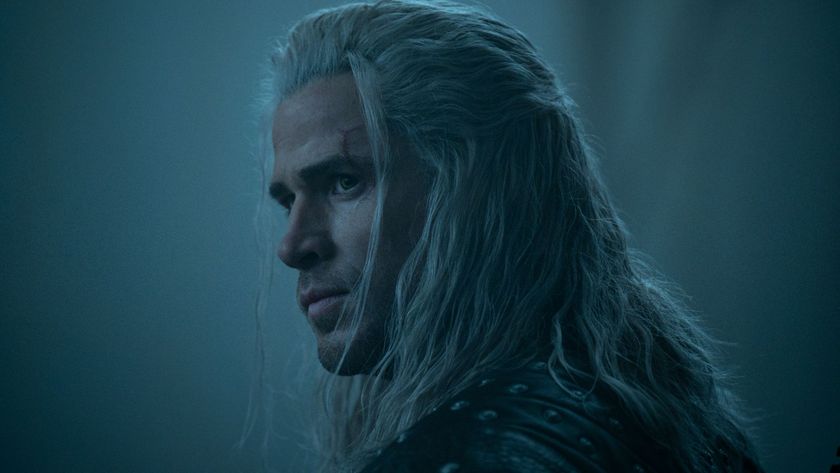
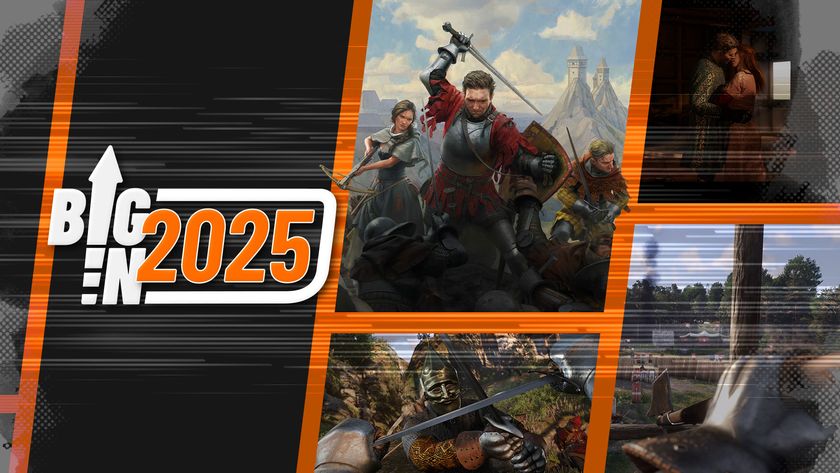
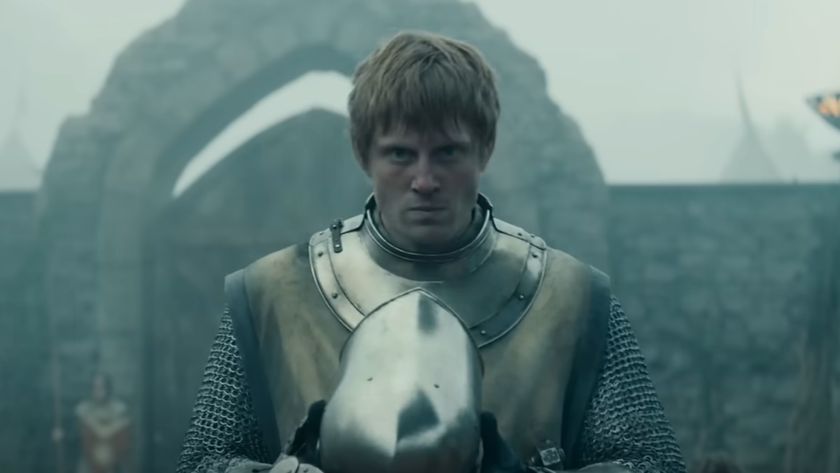
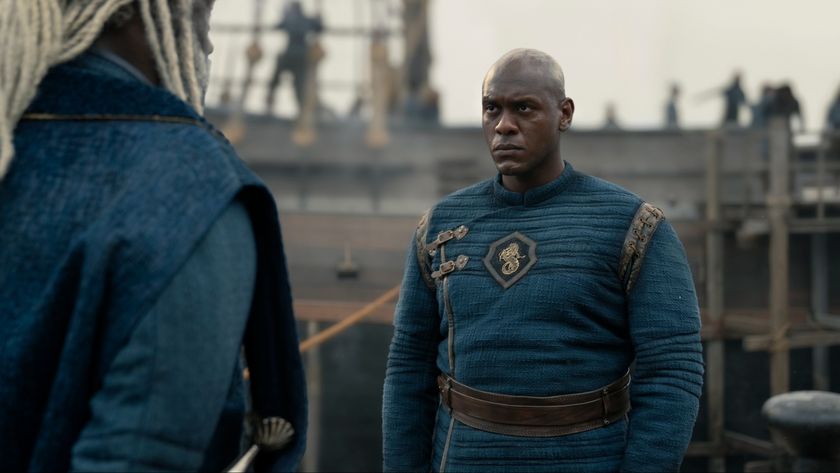
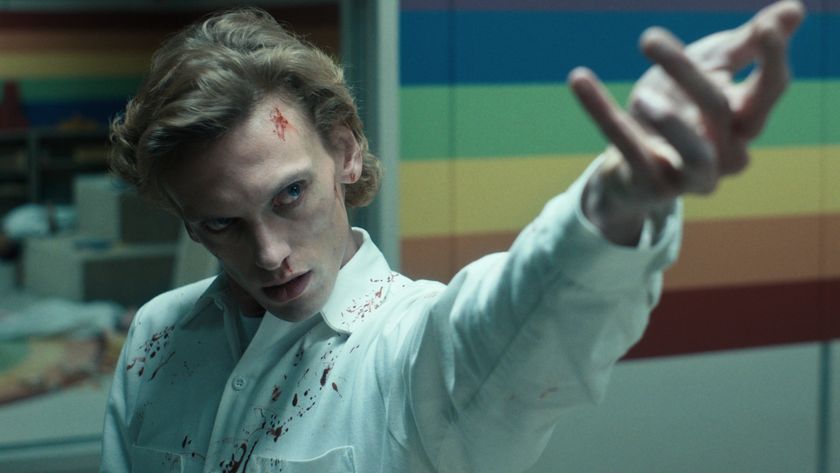
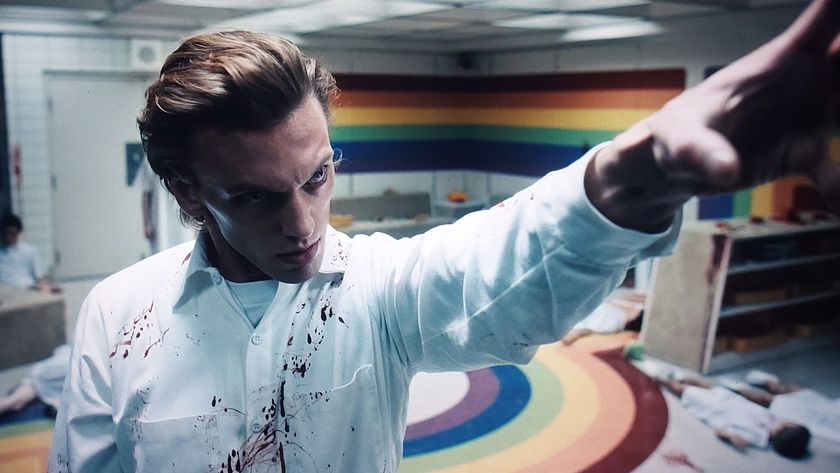
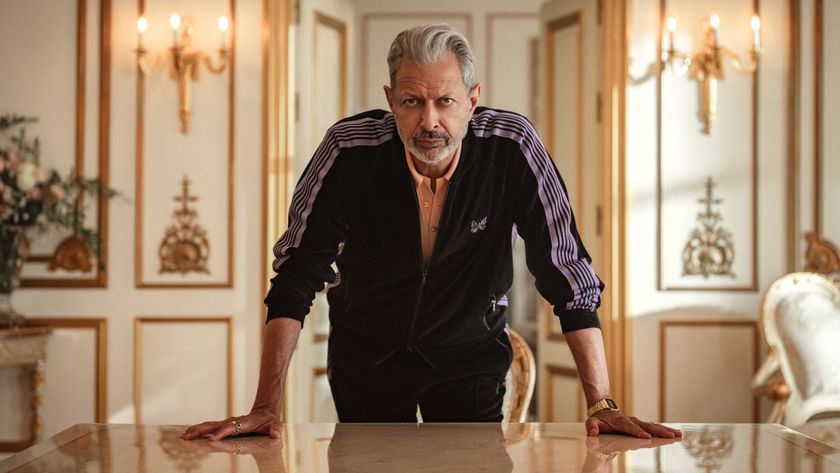
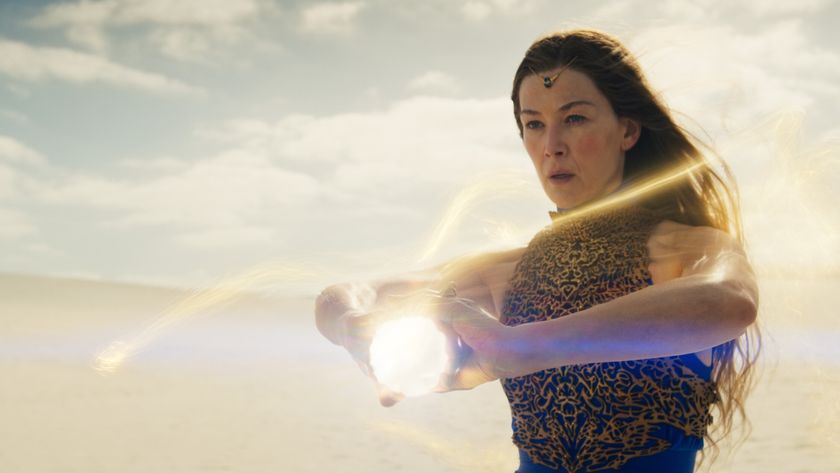

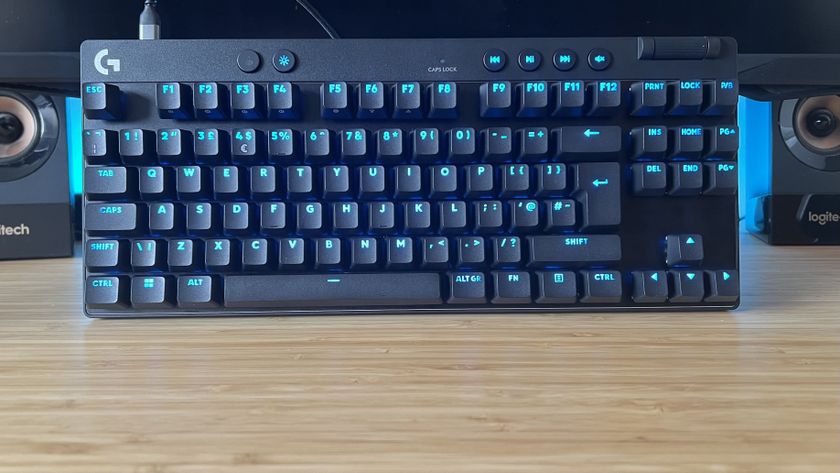
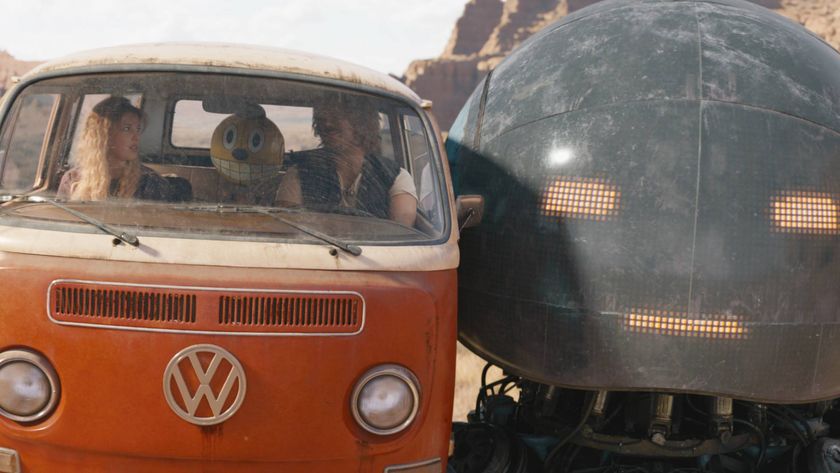
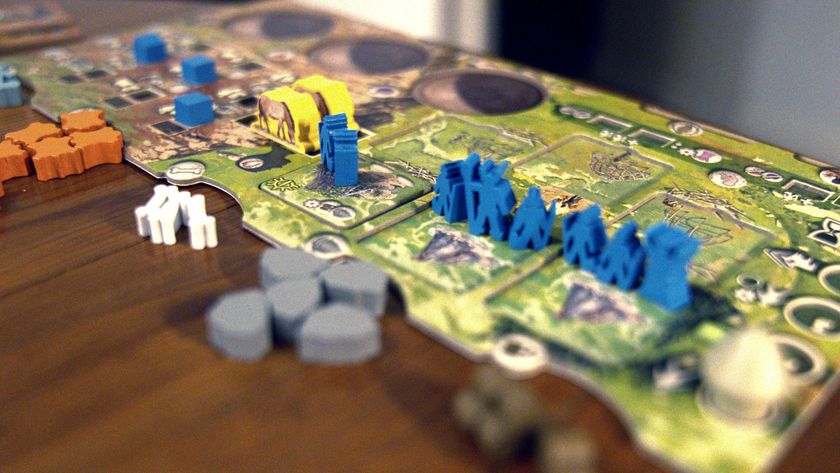
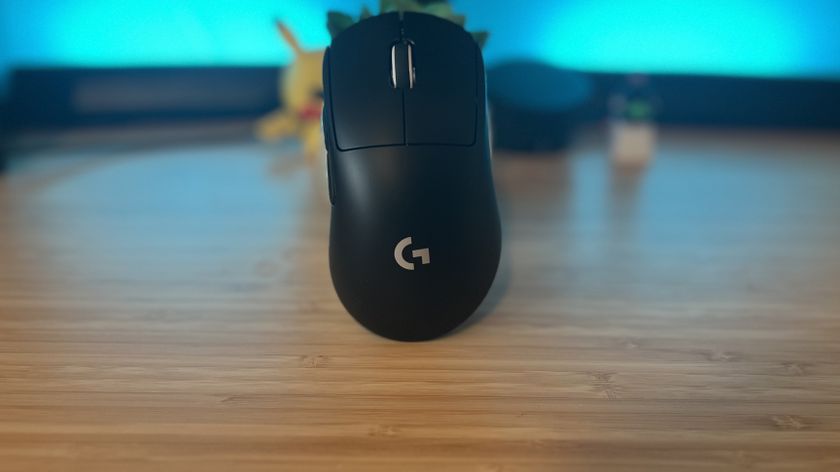
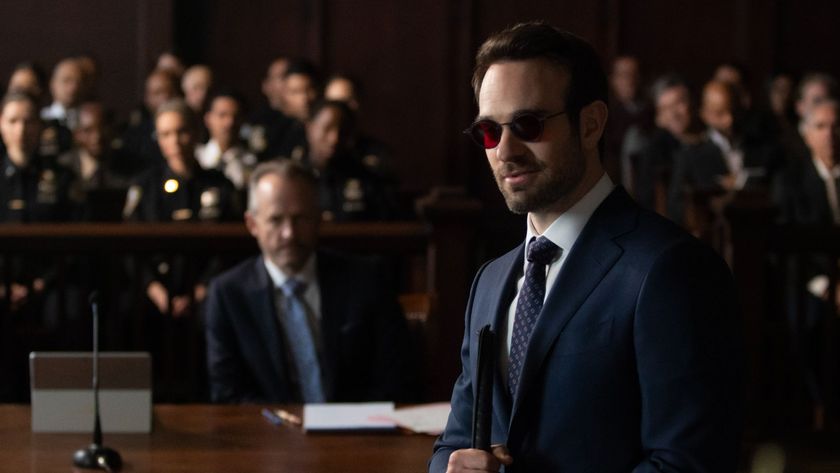
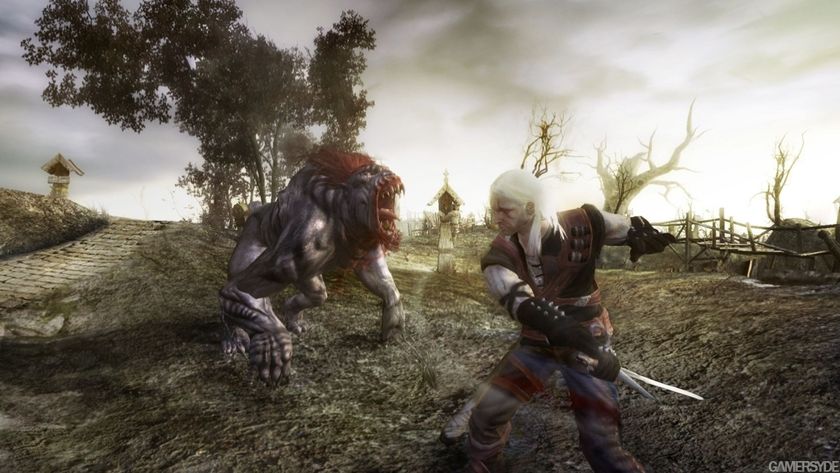
Netflix's The Witcher casts its first game-exclusive character with a Witcher 1 deep-cut who Geralt first took care of in the 2007 RPG

The Witcher's new Geralt proves his mettle by going full Henry Cavill and talking about his love for The Witcher 3: "It’s still to this day one of the best video games of all time"
